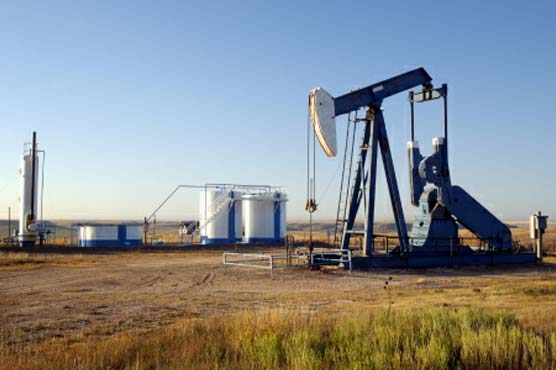Oil falls on supply; G-7 wants more production

Oil prices eased after a call by the Group of Seven nations for oil producers to increase output.

Oil prices eased after a call by the Group of Seven nations for oil producers to increase output.